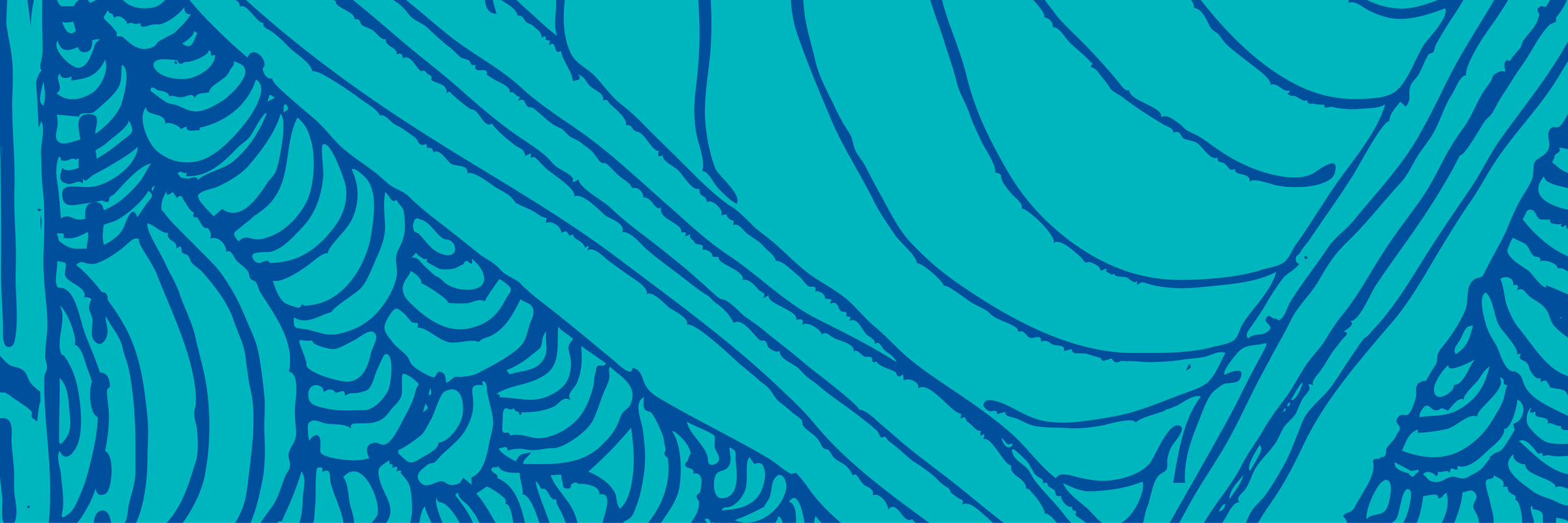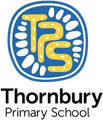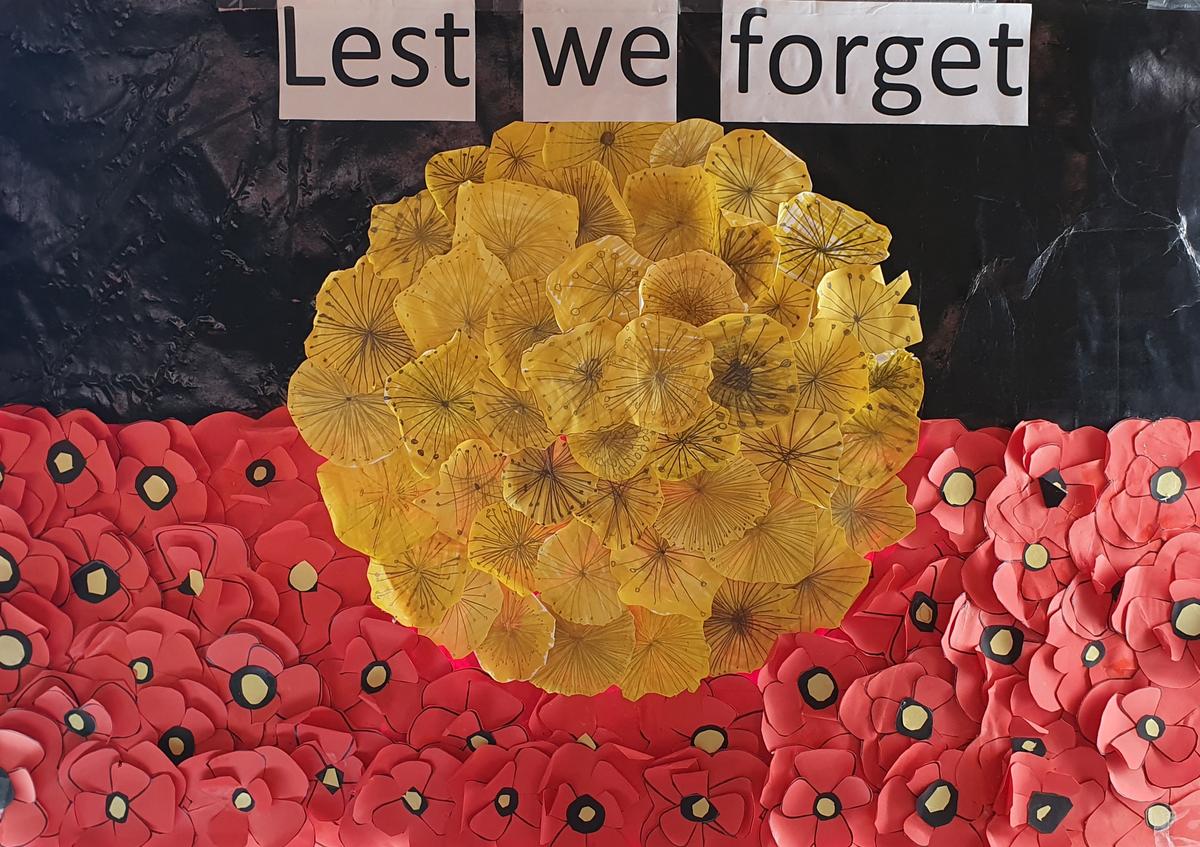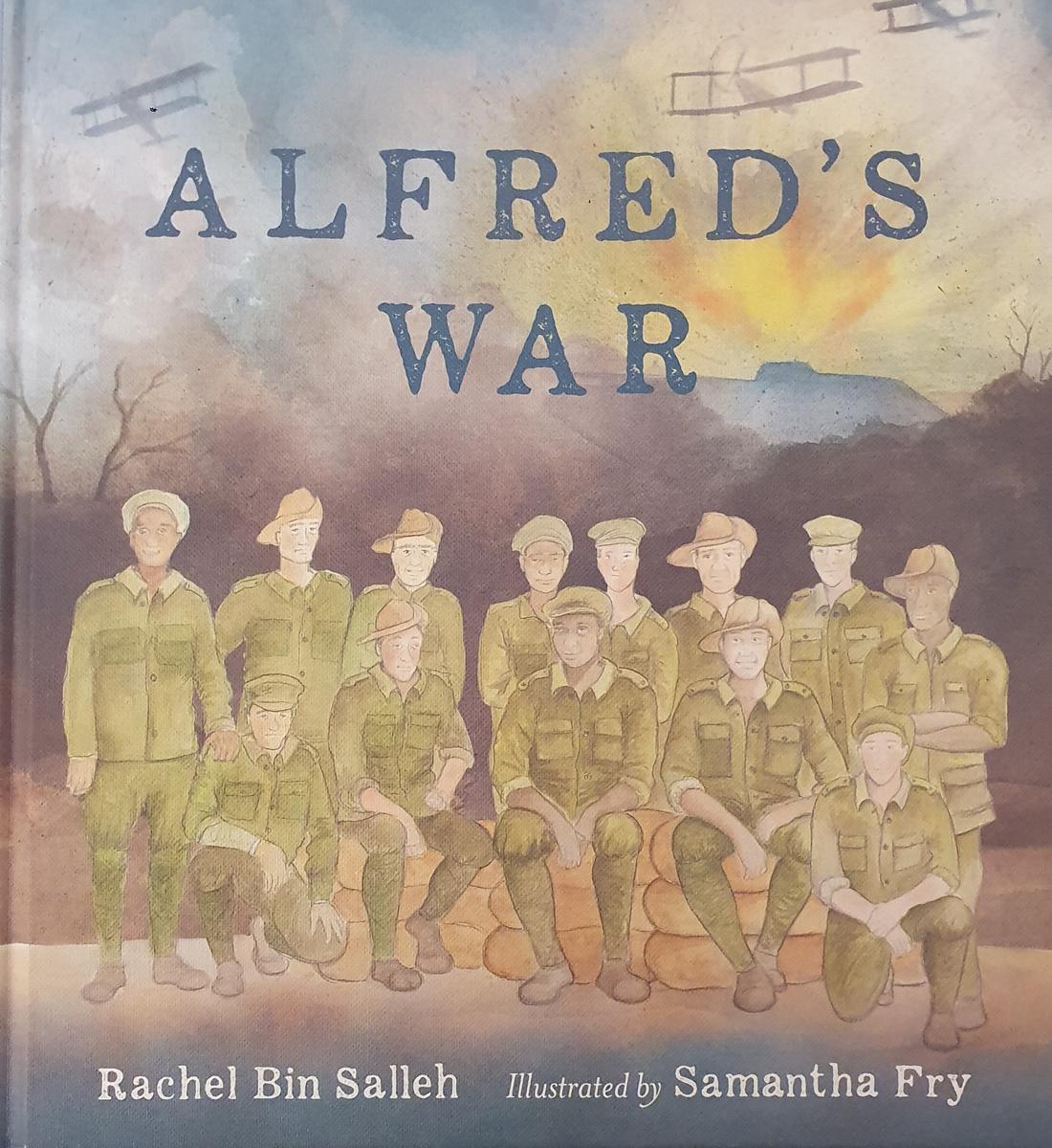Language & Culture Program

Kii, Deadly TPS community, biladu-njan wat/how are you all? And in the words of my Yawuru language...Ngaji gurrjin/Hello everyone!
Week 1
As ANZAC Day was held in Week 1 of this term, we took this opportunity for students in Years 1-6 to learn about what this day means from a First Nations perspective.
We learnt that Aboriginal and Torres Strait Islander people fought in all of the wars that Australia has been involved in overseas.
In World War 1, nearly 1000 boys and men enlisted and fought. At that time, Aboriginal and Torres Strait Islander people had no citizenship rights and were not allowed to vote. At the start of the war, Aboriginal and Torres Strait Islander people were banned from enlisting but after suffering huge casualties and a declining rate of enlistment, the government allowed them to enlist, to bolster the numbers in the armed forces. Despite their bravery and sacrifice, the Black Diggers - as they were known, were not fully recognised by their country or in the communities they returned to. Few of the returned Black diggers received land under the soldier settlement’ scheme, and many struggled to find work. Others were not welcomed to share a drink with their comrades at pubs, or at the meeting places and institutions established to support war veterans. (Reference: Alfred’s War by Rachel Bin Salleh)
It would take years before the service and sacrifice of Aboriginal and Torres Strait Islander veterans to Australia’s war efforts were to be acknowledged.
Two books, Alfred’s War by Rachel Bin Salleh, and Dreaming Soldiers by Catherine Bauer, were read to the students.
Students were also introduced to the fact that First Nations people have been involved in wars for their Countries from the start of the European invasion of this land. This topic will be explored further by students in Years 3-6, at a later date.
We learnt two new Woiwurrung words/adjectives that could be used to describe how our soldiers and veterans may have felt:
bambunj (bum-boony - ny as in Tanya) - meaning scared
njutha-bambunj (nyoot-tha bum-boony) - meaning brave or not scared
The focus for Week 2 is on learning about and continuing to build student knowledge of the different sounds in the Woiwurrung language, and depending on their grade level, the associated letter patterns used to write the sounds which they are learning. We play different games that challenge students to think about the Woiwurrung sound and spelling patterns.
Have a chat with your child/ren about what they are learning.
Twaganin (Woiwurrung) Galia (Yawuru) / See you later!




